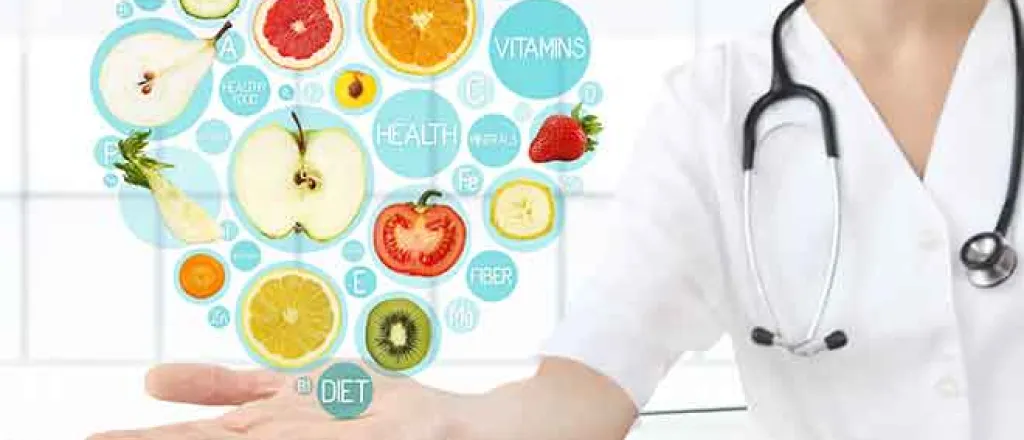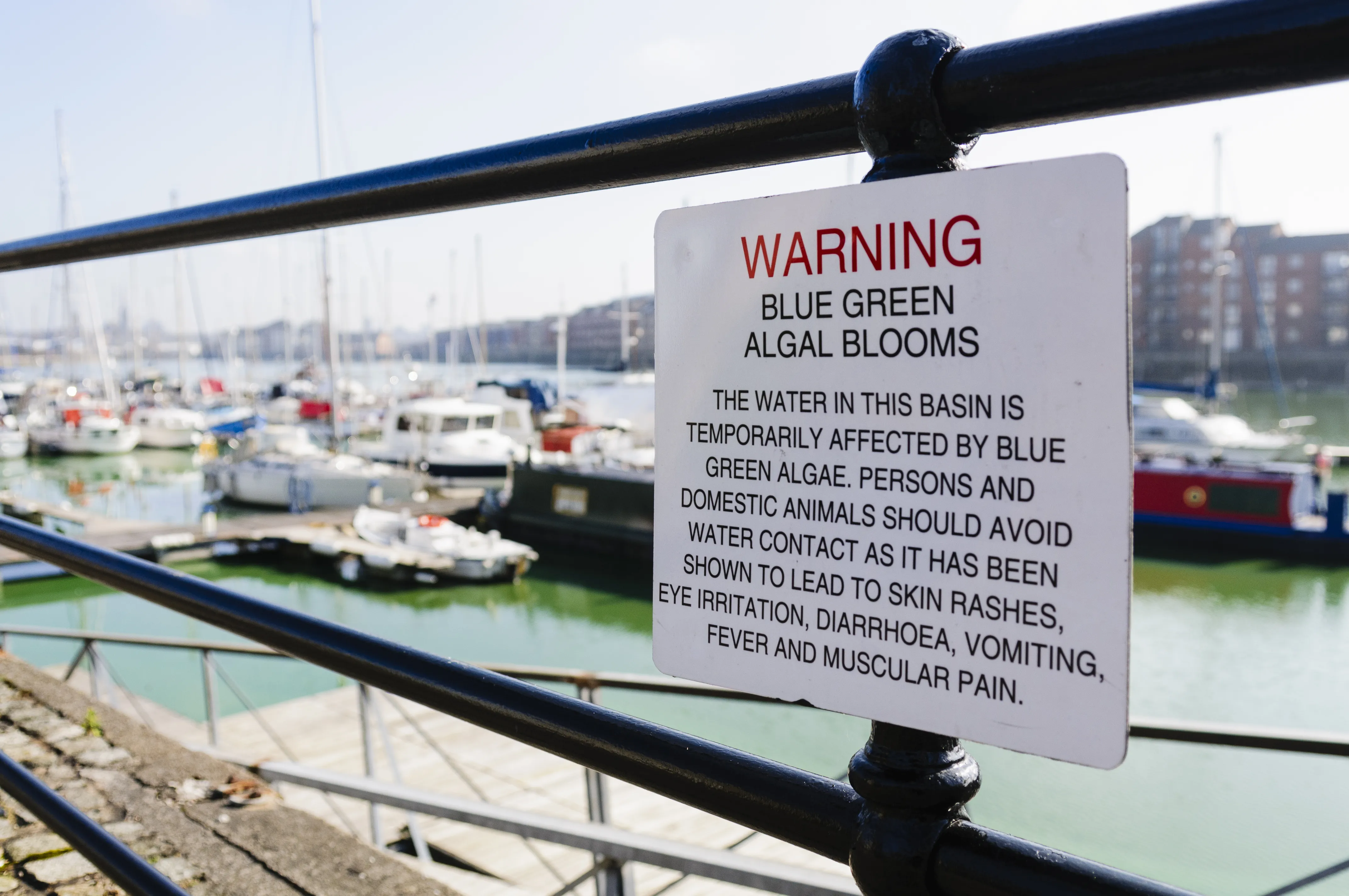
Dear Dietitian – Using supplements to manage cholesterol levels
Dear Readers: Last week, we discussed diets to combat high cholesterol levels. Another avenue to improve your lipid panel is the use of supplements. Patients sometimes choose supplements because they are less expensive than medication, or they cannot tolerate a particular drug's side effects.
Citrus bergamia, the bergamot orange, is a fragrant citrus fruit. It is yellow or orange, depending on its ripeness. The fruit originated in Southeast Asia but was named for Bergamo, Italy, where it first gained popularity.
In a review of twelve studies, bergamot was associated with a significant decrease in total cholesterol (TC) and low-density lipoprotein (LDL), or bad cholesterol. The reduction in TC varied from 12%-31%, and the decline in LDL was as much as 41%. The authors pointed out that the studies had limited scientific quality (1).
In a randomized, double-blind, placebo-controlled study of 237 participants, 1000 mg of bergamot per day for three months led to a 31% decrease in TC and a 39% decline in LDL (2).
In the past, some have used red yeast rice as an aid in high cholesterol. This grain gets its bright red color from being fermented with the mold Monascus purpureus. As early as 800 AD, red yeast rice was used in Chinese medicine to invigorate the body, aid in digestion, and revitalize the blood. This supplement contains monacolin K, the ingredient that lowers cholesterol. It was discovered that lovastatin (the drug Mevacor®) and monacolin K are identical. In 1998 the FDA banned the sale of supplements containing monacolin K. This came down to a legal issue since Merck, the maker of Mevacor®, owned the patent on lovastatin.
Niacin, or vitamin B3, has been used to increase HDL, or good cholesterol. Since HDL transports some LDL back to the liver for disposal, LDL levels diminish, and total cholesterol is lowered. However, recent studies have discovered the niacin method is not associated with lower rates of heart attack, stroke, or death. For this reason, many practitioners have stopped using the vitamin to treat high cholesterol.
Garlic is an inexpensive way to treat high cholesterol, but is it effective? Studies are mixed. A study using a mixture of fresh garlic and lemon juice showed an impressive 41-point decline in TC and a 30-point decrease in LDL. The study consisted of 112 volunteers and lasted eight weeks (3).
In another well-designed study conducted at Stanford University, garlic did not have any effect on cholesterol levels. The results were published in the Archives of Internal Medicine. In this six-month study, 192 patients who had elevated LDL levels were given a sandwich or supplements with the equivalent of 4 grams of garlic per day. Participants were closely monitored to make sure they didn't gain or lose weight, affecting cholesterol levels. At the end of six months, LDL levels were unchanged. Senior author Christopher Gardner, PhD, assistant professor of medicine at the Stanford Research Center, said, "If garlic was going to work, in one form or another, then it would have worked in our study. The lack of effect was compelling and clear (4)."
If you have high cholesterol, talk to your doctor before adding a supplement to your medicine cabinet. Supplements may produce side effects and can interact with other medications.
Until next time, be healthy!
Dear Dietitian
References
- Itziar Lamiquiz-Moneo, Jaume Gine-Gonzales, Sonsoles Alisente, Ana M. bea, Sofia Peres-Calahorra, Victoria Marco-Benedi. Effect of bergamot on lipid profile in humans: a systematic review. Critical Reviews in Food Science and Nutrition 2020 60 (18): 3133-3143. doi: 10.1080/10408398.2019.1677554
- Yong Cai, Guoqiang Xing, Tian Shen, Shuxian Zhang, Jianyu Rao, Rong Shi. Effects of 12-week supplementation of Citrus bergamia extracts-based formulation CitriCholess on cholesterol and dyslipidemia: a randomized, double-blind, placebo-controlled trial. Lipids Health Dis. 2017; 16: 251. Published online 2017 Dec 22. doi: 10.1186/s12944-017-0640-1.
- Negar Aslani, Mohammad Hasan Entezari, Gholamreza Askari, Zahra Maghsoudi, Mohammad Reza Maracy. Effect of garlic and lemon juice mixture on lipid profile and some cardiovascular risk factors in people 30-60 years old with moderate hyperlipidaemia: a randomized clinical trial. Int J Prev Med. 2016; 7:95. Published online 2016 Jul 20. doi: 10.4103/2008-7802.187248.
- Stanford study drives stake through claims that garlic lowers cholesterol levels (2007 Feb 26) Stanford Medicine News Center. https://med.stanford.edu/news/all-news/2007/02/stanford-study-drives-stake-through-claims-that-garlic-lowers-cholesterol-levels.html

















